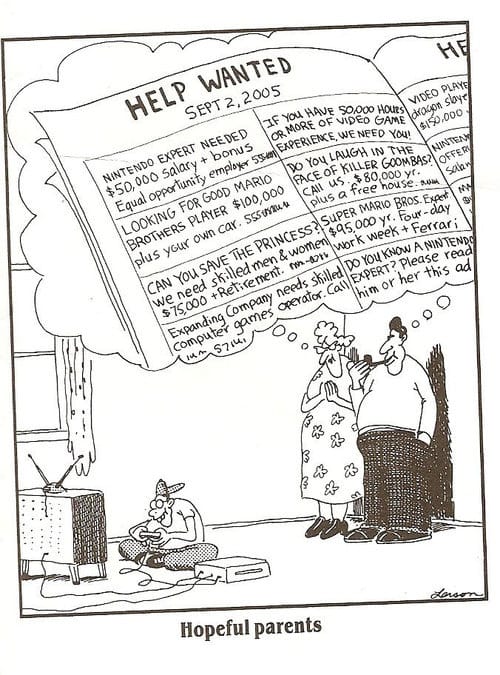High school gamers are better than medical residents at robotic surgery

Both high school sophomores who played video games on average two hours per day and college students who played four hours of video games daily matched, and in some cases exceeded, the skills of the residents on parameters that included how much tension the subjects put on their instruments, how precise their hand-eye coordination was and how steady their grasping skills were when performing surgical tasks suck as suturing, passing a needle or lifting surgical instruments with the robotic arms.
“The inspiration for this study first developed when I saw my son, an avid video game player, take the reins of a robotic surgery simulator at a medical convention,” said Dr. Sami Kilic, lead author of the study and associate professor and director of minimally invasive gynecology in the department of obstetrics and gynecology at UTMB. “With no formal training, he was immediately at ease with the technology and the type of movements required to operate the robot.”
Kilic came up the idea for the study during a demonstration of the robotic da Vinci Surgical System. A company representative was giving surgeons turns manipulating the da Vinci, and one user was doing particularly well. Kilic, impressed, walked over to the operations console to see who the ace was.
“It was my 10-year-old son,” Kilic says.
– – –
Kilic’s son, and most of the test subjects, were shooting game buffs. Kilic says that the hand eye coordination and response time for people of his son’s generation will be so advanced by the time they enter medical school that new curricula for teaching surgery must be devised.
I tried to limn the case, in my review of Black Ops 2 last week, that we are training for things we don’t fully comprehend when we play games. I’m not arguing that everyone who overdoses on military shooters is a real-life killing machine, nor that everyone who gorges on Cooking Mama is Thomas Keller. I am arguing that games teach us skills – and not just the positive fuzzy ones like puzzle solving and creative thinking – that exist outside the context of the living room/subway/gaming environment.
The skills developed in youth significantly influence professional outcomes. I’m not sure what it says that gamers are preparing themselves to manipulate things remotely. These aren’t Robert Reich’s “symbolic analysts” – the lawyers, engineers, journalists and scientists (among others); mind workers who manipulate symbols and information for a living. They also aren’t really routine production workers – assembly line workers, because of the abstraction of their work.
This makes me think of the classic Far Side cartoon, in which the adoring parents watch their little fat child play a game on the floor as a thought bubble appears above them, revealing a newspaper wanted ad for “Nintendo experts” to “Save the princess” for six figures.
It also makes me wonder, finally, not just how we use the things we learn in gaming to make our world, but how the things we learn in gaming make us.




